
Zhang said other steps that will help mend ties include Tokyo having the courage to recognize the existence of the Diaoyu Islands dispute, and Tokyo's departure from more measures that may further strain bilateral ties, he said.
Since Abe was elected in a landslide victory in December, he has demonstrated a tough stance toward China, and launched so-called value-oriented diplomacy by visiting Southeast Asian countries and sending other diplomats on shuttle diplomacy trips, widely interpreted as aimed at containing China.
Despite this, Beijing has confirmed that diplomatic efforts and communication remains between China and Japan.
Before Yamaguchi, Yukio Hatoyama, Japan's former prime minister, visited China in mid-January. Apart from meeting with Chinese officials and scholars, he also visited the memorial site to victims of the Nanjing Massacre in Nanjing, Jiangsu province. Another Japanese friendship group, led by former prime minister Tomiichi Murayama, is scheduled to visit China this week.
Ezra Feivel Vogel, a famous United States scholar on Chinese and Japanese studies, told Chinese media recently the top leaders from both sides should try not to embarrass each other and should resume conversation.
Experts said they hope Abe can treat China in a rational manner, as he has underlined the importance of Sino-Japanese relationship several times but still refuses to take a step back on the islands issue.
During the interview with Mainichi, Abe insisted that "there has been no such shelving the issue", and "there is still no change" in Tokyo's position over Diaoyu islands, which offers no diplomatic room for reconciliation regarding the islands issue.




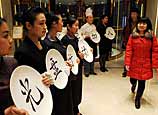
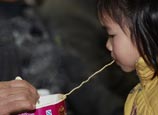
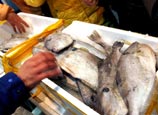
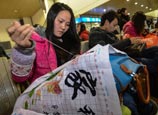
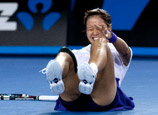
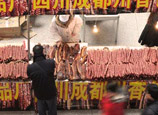
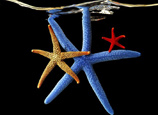






 China's weekly story (2013.01.21-01.27)
China's weekly story (2013.01.21-01.27)


![]()
